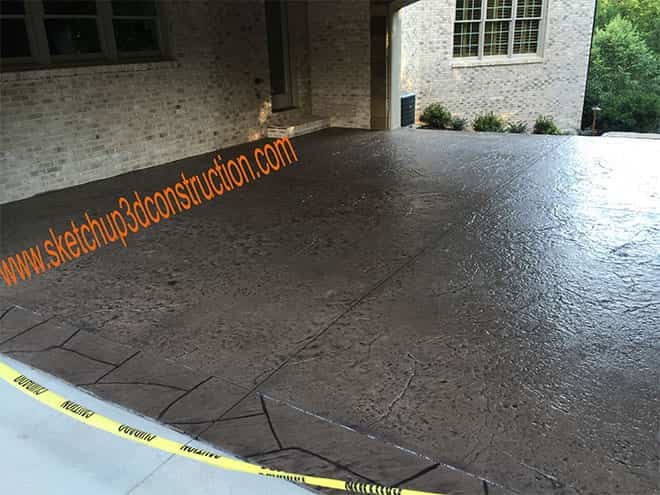Flex Seal for Concrete Cracks
- Concrete Cost Estimator
- Concrete Continuous Footing
- Landscape Bidding and Estimating
- Construction Cost Estimating
- Concrete and steel cost estimation
- Construction Cost Estimate Breakdown
- Construction Estimating Worksheet
- Home Construction Cost Estimate
- Estimate Pricing Sheet
- Sheet for General Contractor
- Construction Cost Estimate
- Labor Materials Cost Estimator
- Masonry Estimating Sheet
- Sheet for Building Contractor
- Construction Schedule Bar chart
- General Cost Estimator Sheet
- General Construction Estimate
- Building and Road Estimating Sheet
- Detailed expense estimates
- Door and Window Takeoff Sheet
- General Construction Cost Estimating Sheet

Introduction Of Concrete Flex
Engineers make our life easier and convenient with their innovations. They work towards improving our lifestyle, environment, and more with research, design, and development. One such development in the construction industry is concrete flex. It’s a sustainable and environmentally friendly development by engineers.
Concrete flex is gaining popularity due to its application both in interior and exterior. Here you will learn what it is, its types, benefits, applications, and more. Before that, it’s essential to know about flexible concrete.
What is Flexible Concrete?
In the construction industry, concrete is widely used. The best part of concrete is that it can effectively bear compressive loads. However, when it comes to tensile loads, traditional concrete fails to bear the stresses.
In order to address this issue, Professor Victor Li at the University of Michigan came up with a solution, “flexible concrete.” Flexible concrete or bendable concrete is a special type of concrete that can take bending stresses. Its engineering name is Engineered Composite Cement (ECC).
It has many advantages over traditional concrete because of its special quality, such as flexibility, ductility, lightweight, self-healing, and more. These properties allow the composite material to bend and create thin panels known as concrete flex. Now let’s understand concrete flex and its application in the construction industry.
Use of Concrete Flex
As mentioned above, concrete flexes are thin panels made from flexible concrete and have versatile application in the construction industry. Due to its capability of bending, it can be used for interior as well as exterior applications.
These panels have excellent qualities such as high flexibility, lightweight, stable. Due to these properties, it can be used in the following applications.
- Wrap tight columns with these panels.
- Application in interior designs such as designing the walls, floor, roof, etc.
- Used in different concrete products.
- Different types of exterior application.
- It can also be used in the furniture industries.
Advantages of Concrete Flex
These are some of the potential benefits of concrete flex:
- Good flexibility so it can tensile load and bending stresses.
- Concrete flex offer good resistant to fire.
- Resist microorganisms
- Water resistant
- It also resists high impact
Conclusion
Hopefully, the above information has helped you to understand the essential things about concrete flex. Please share your thoughts on this and if you have any queries, please leave them in the comments below.
- Application of concrete calculator
- Roofing Calculator can streamline the roof estimating process
- House construction cost calculator
- Engineering column design excel spreadsheet
- Material Estimating Sheet with Excel
- Materials List and Cost Estimate Worksheet
- Concrete Slab Estimating Calculator Sheet
- Common types of foundations for buildings
- Online calculation of construction materials
- Estimating with Excel for the Small Contractor
- Concrete Beam Design Spreadsheet
- Virtual Construction Management app for construction
- Autodesk’s Project Skyscraper
- Reed Construction’s Reed Insight
- Manage your construction project documentation
- Costimator, the popular cost estimating software
- On Center Software for construction professionals
- Free Construction Estimating Software
- Plumbing Calc Pro
- Cost Estimate Worksheet
- HVAC Piping Quantity Takeoff Worksheet
- Construction Estimating Software Sheet
- Estimate Cost Templates
- Construction Punch List
- Construction cost estimating template consisting estimating basic
- Gantt Chart Template for Excel
- Download Civil Engineering Spreadsheets with Verification
- The Building Advisor Estimating and Budgeting Worksheet
- Spreadsheet for design of concrete bridge
- Construction Estimating Software Free









